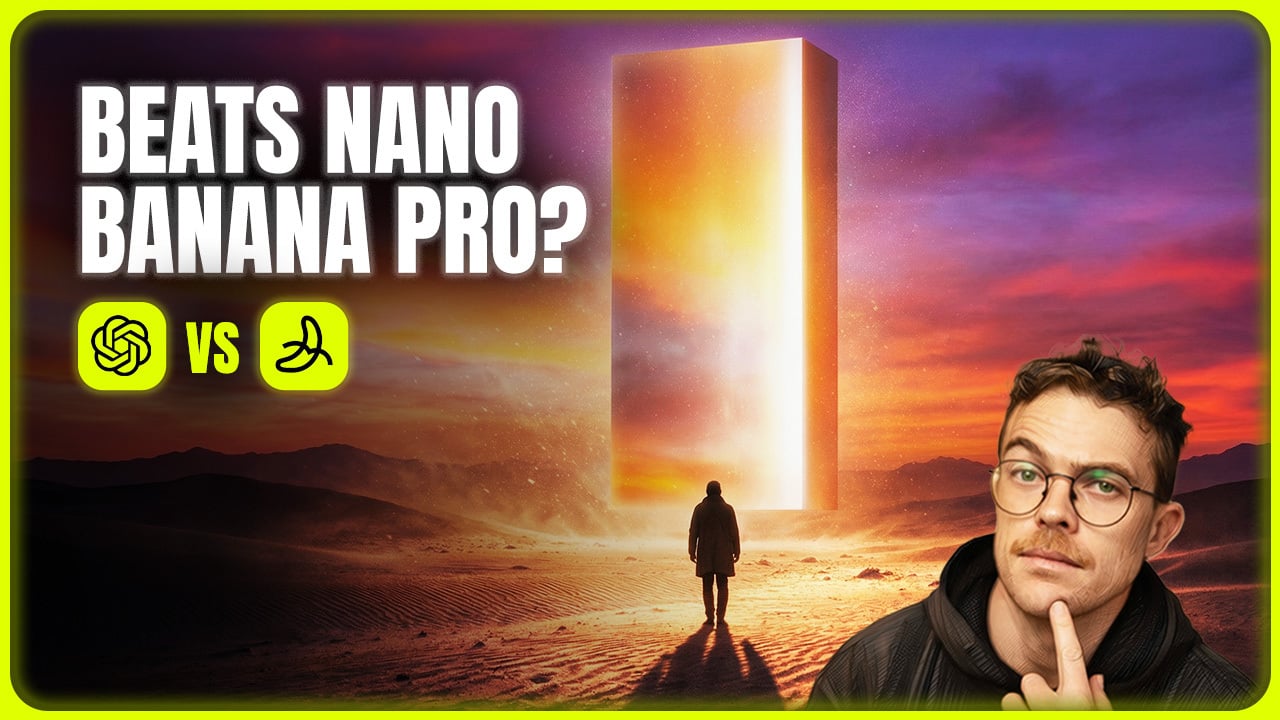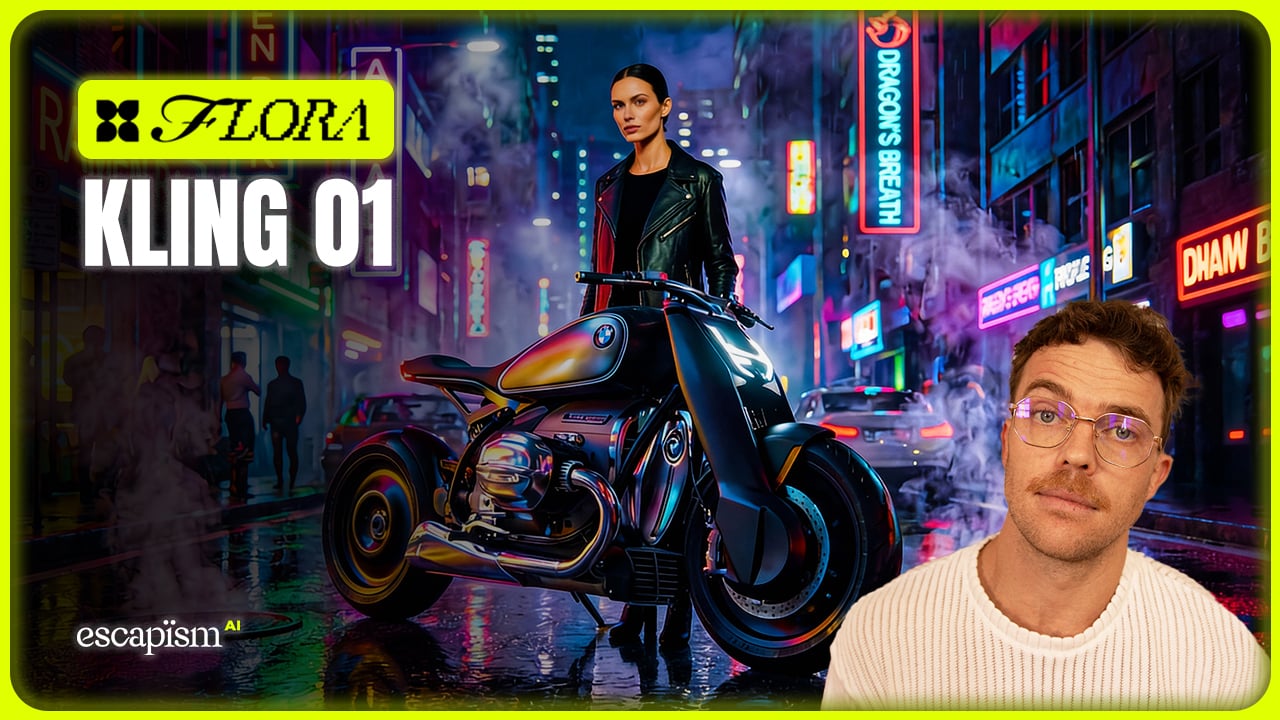As a creative professional, I've always been fascinated by AI's potential—but also cautious about its impact on our work.
This week, my attention was caught by an open letter that over 400 influential artists and entertainers, including stars like Ben Stiller, Mark Ruffalo, and music legend Paul McCartney, signed to protest against AI systems freely training on copyrighted creative material.
Hollywood Takes a Stand: What’s the Story?
In response to a recent AI initiative from the U.S. government, these prominent figures voiced strong opposition to proposals that could allow tech companies like OpenAI and Google to use artists' content without consent or compensation.
In the letter, they argued passionately against granting a “special exemption” to these companies, emphasizing how such moves would “exploit creative industries” and potentially undermine artistic livelihoods.
Paul McCartney notably stated, "We need safeguards to protect the heart of creativity—the artists themselves. Allowing AI to train on our work without clear boundaries isn't innovation; it's exploitation."
The Heart of the Issue: What Creators Should Know
The core issue revolves around AI models using vast amounts of creative work—music, film scripts, books, and artwork—to learn and produce their own outputs. The creatives behind this letter fear their art could be unfairly appropriated, reducing their control over how their work is used and monetized.
Mark Ruffalo added, "Creativity isn't just content; it's personal expression. AI shouldn’t have free reign over our creations without fair recognition or compensation."
The tension highlights a growing concern in creative circles: the boundary between innovation and exploitation, and how AI companies should ethically source data used to train their models.
How Could This Impact You as a Creative?
For artists, content creators, and marketers, the implications are substantial.
If AI freely uses your work without compensation or acknowledgment, your intellectual property could lose value, and your earning potential could significantly diminish.
Additionally, the authenticity and originality of your creative expression may be compromised. This could lead to a market flooded with derivative or AI-generated content, devaluing truly original human-created work.
Examples and Use Cases of AI Training to Consider
So what exactly could AI training on creative material entail? While this would mostly impact Hollywood-level creative work, it’s useful to understand the use cases as an individual creative.
Filmmakers & Screenwriters: AI models can analyze thousands of scripts to produce new screenplays, plot structures, and character dialogues. Without proper controls, your unique storytelling elements could become part of an AI-generated database, diluting your creative voice and potentially saturating the market with indistinct narratives.
Musicians & Songwriters: AI systems trained on existing musical compositions can create songs that mimic specific artists' styles, melodies, and rhythms. Without regulations, your original songs might unknowingly contribute to AI-generated compositions, reducing the uniqueness of your musical brand and threatening your royalty streams.
Visual Artists & Designers: AI image generation tools like Midjourney or DALL-E can replicate and remix visual styles by analyzing millions of artworks. Without proper licensing or attribution, your signature aesthetic could be easily reproduced by AI, impacting your brand identity, reducing demand for commissioned works, and complicating copyright claims.
Authors & Writers: AI trained on literary works could generate entire novels, blog posts, or marketing content closely mimicking the style, tone, and creative concepts of human writers. This threatens writers' control over their own creative intellectual property and risks saturating audiences with homogeneous, AI-derived content.
As a small scale creator, you likely won’t be affected by this, however it could have a monumental impact on the creative industry as a whole.
The Creative Takeaway
As AI technology becomes integral to the creative industry, understanding and advocating for your artistic rights is more crucial than ever.
This powerful collective action from Hollywood’s elite highlights the urgent need for clearer boundaries and fair compensation for creative work in an AI-driven future.
As creatives, we must stay informed, vigilant, and proactive in shaping a future where technology supports—not diminishes—our creative livelihoods.









